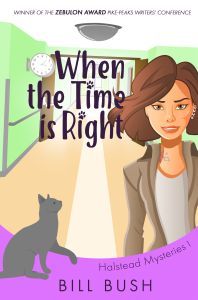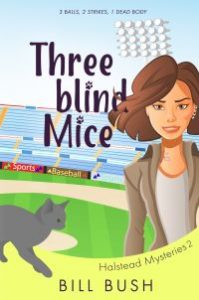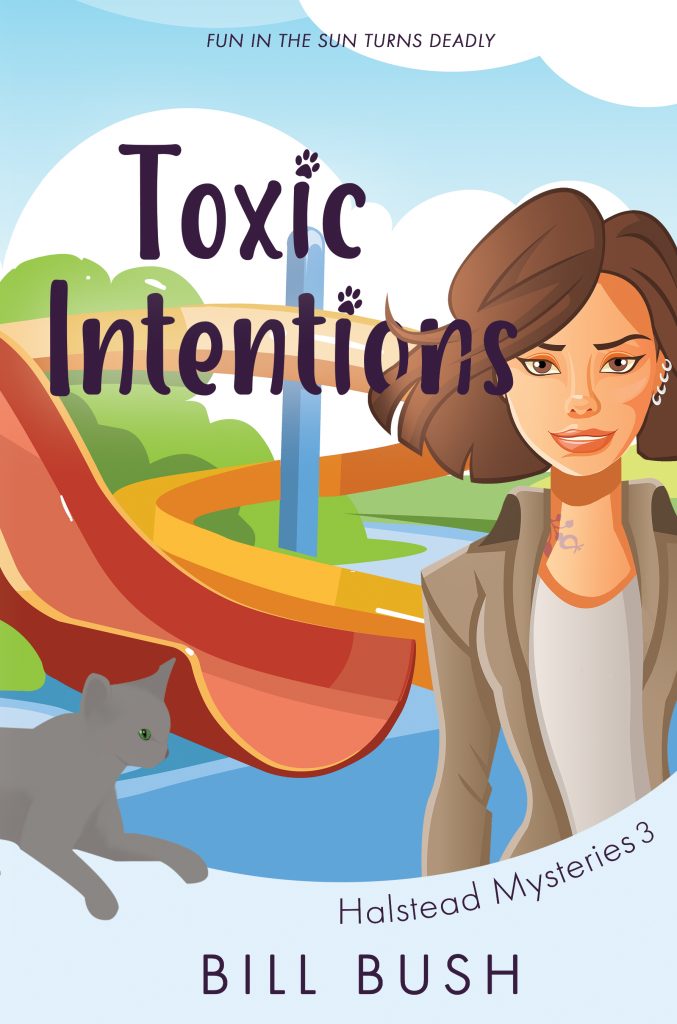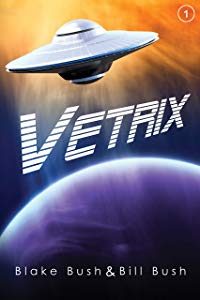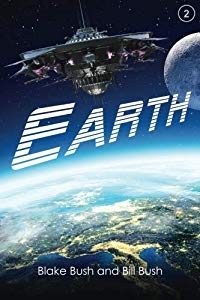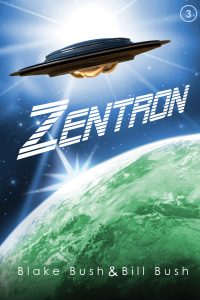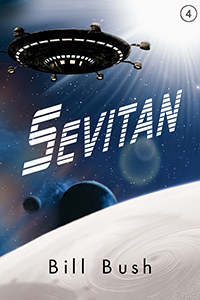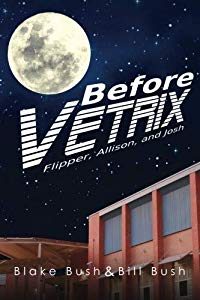
Biography
Lindsey Kinsella is a Scottish writer and author of the science fiction novel “The Lazarus Taxa”.
While a qualified and experienced naval architect and an avid car enthusiast, he always reserved a space in his life for a deep fascination with paleontology. This drove his writing process as he strove to write tales of the rich and complex history of life on Earth.
Tell us about your book, The Lazarus Taxa.
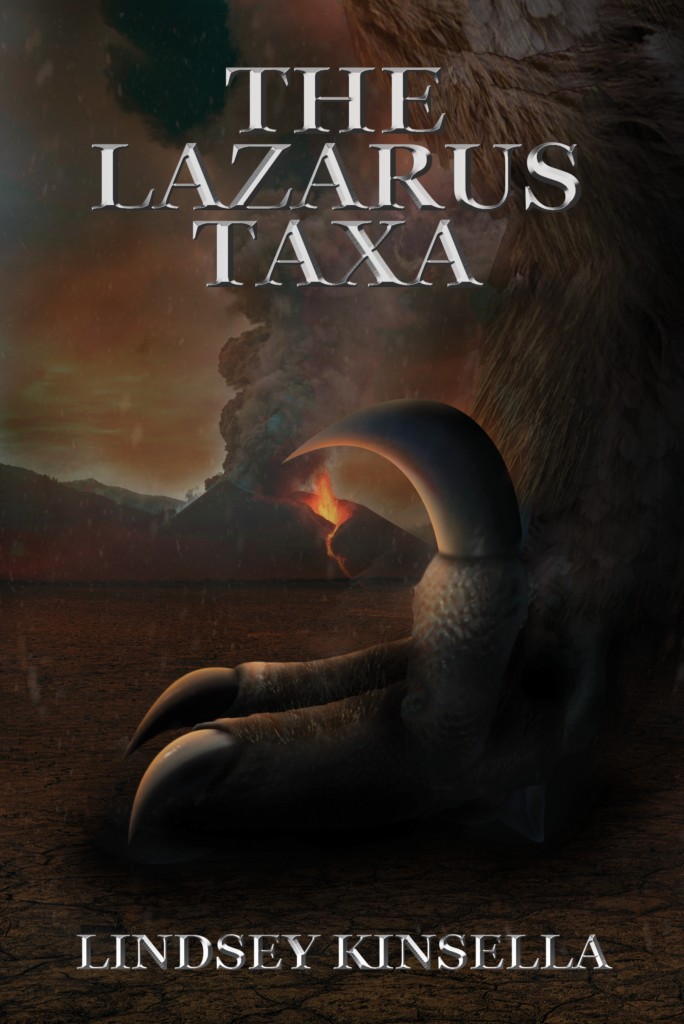
68 million years in the past. Deep time—the true final frontier. But all is not as it seems. Which should be feared most—the dinosaurs… or the people?
The Lazarus Taxa follows the first scientific expedition through time to the Late Cretaceous.
Your Amazon Author bio says you have a deep fascination for paleontology. Tell us about that hobby and how it factored into your book.
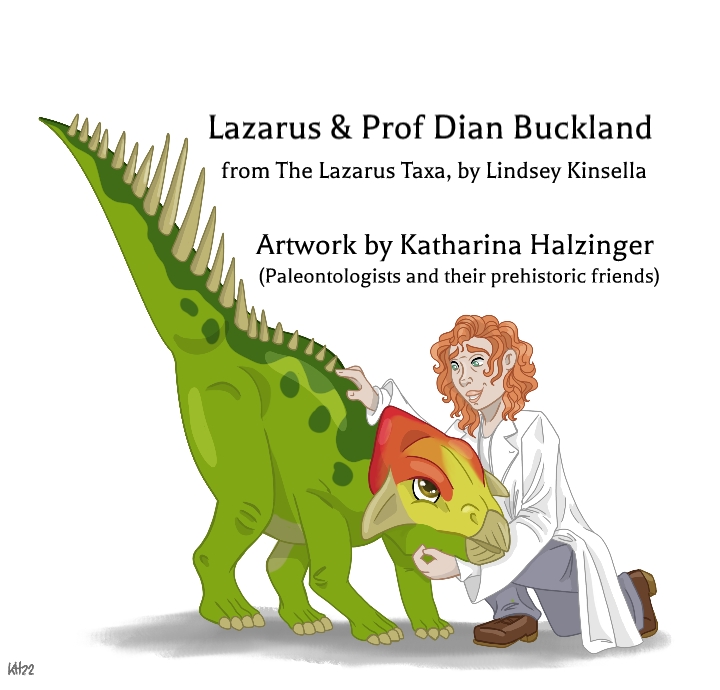
It’s hard to remember when my paleontology obsession first arose, but watching the BBC series Walking with Dinosaurs as a child was probably a driving factor. Since then, it has grown and expanded beyond dinosaurs and into everything from Cenozoic mammals to giant Carboniferous insects.
This love of the science was my original inspiration to write The Lazarus Taxa. I wanted to show dinosaurs in a new light—in a way in which I felt popular media didn’t. They are real animals with their own personalities and motivations and I wanted to show them in their natural environment.
When and why did you start writing?
I started writing during the first COVID-19 lockdown in 2020. In truth, I originally began simply to pass the time. Being confined to the house certainly gave me plenty of time to work on the book.
How long did it take you to write The Lazarus Taxa and at what point did you decide to publish the novel?
It took me almost two years to finish the novel. I certainly didn’t have my process worked out which certainly reduced my efficiency, but I also lost faith once or twice and didn’t touch it for months at a time. The prospect of publishing was always quite distant, and I don’t think I ever truly believed I’d do it.
The moment I decided for certain to publish was when I received the manuscript back from my editor. I had been tentative about paying to have it edited, but eventually figured it was worth a go. However, I was blown away by how good it read after the marvelous Donna Marie West had worked her magic.
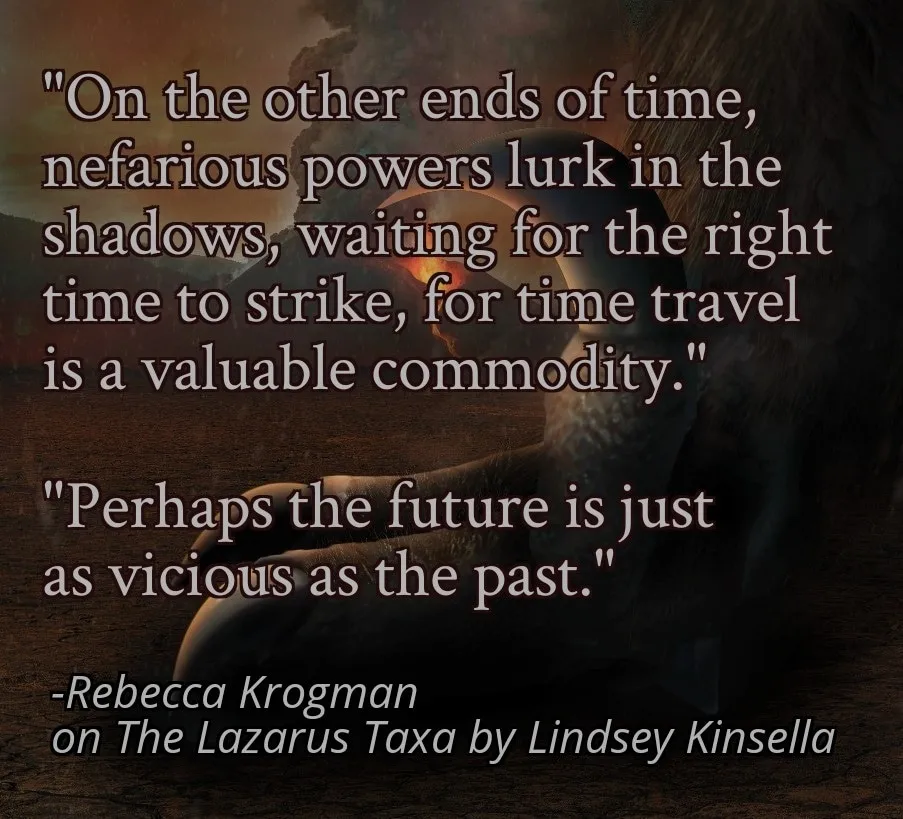
Are you working on another book or project you would like to share with us?
I am currently working on a fantasy novel title “The Heart of Pangaea”. This draws on similar source material as before and features all manner of prehistoric creatures, but in a very different way.
Subject material aside, it’s a completely different book from The Lazarus Taxa, it’s quirky, funny, and family friendly, but with strong emotional themes.
I do also have plans for a follow up to The Lazarus Taxa where I will explore new time periods and follow up on how the newfound technology of time travel begins to impact the world.
What is your strangest writing quirk?
I think my blend of fiction and non-fiction is the most unique aspect of my writing. The Lazarus Taxa is heavily influenced by the science of paleontology, and so I make a point of writing interim chapters which take a break from the story and delve into the science. These chapters not only allow the reader to learn some amazing paleo-knowledge, I think they enrich the story by imparting some important background information.
What was your favorite part of writing The Lazarus Taxa?
I loved writing the more horror-orientated chapters. There are two sequences in particular which are really tense—I loved building that tension before releasing it into some intense action. I’m pleased to hear that these seem to be the parts of the book readers enjoyed most too!
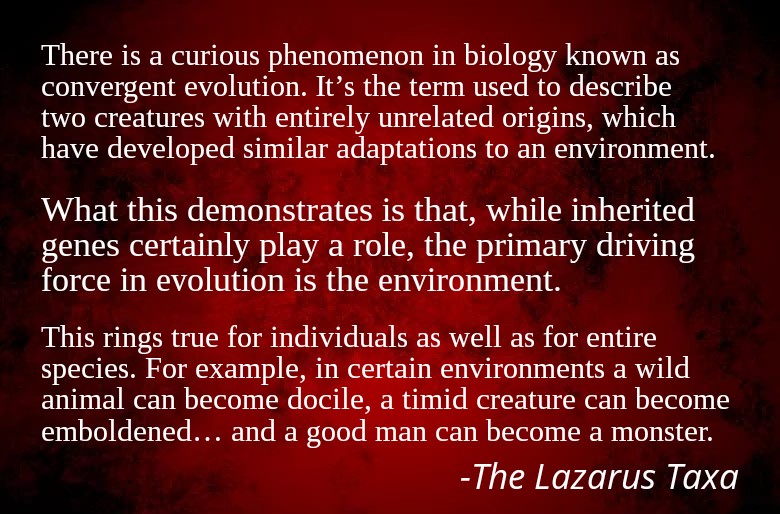
What will you do differently in writing your second book?
I have definitely plotted my work in progress more carefully which has improved my efficiency and reduced the number of rewrites required. In truth, though, I’m very much still finding my process, so I’m sure I’ll do it all differently again next time.
What do you like to do when you’re not writing or immersed in paleontology?
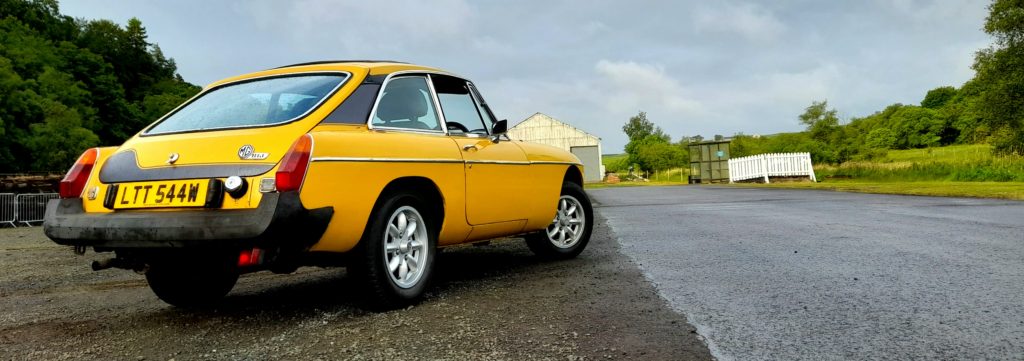
I’m a huge car nerd and I spend a lot of time maintaining my cars. I currently have a little yellow MG B which is my pride and joy, and an Alfa Romeo which I am in the process of coaxing back to life.
What does success look like for you as an author?
In a way I already feel it’s been successful. People have read my book and enjoyed it. I get messages all the time from readers asking when I’ll write another and I couldn’t ask for more than that.
Is there anything additional you want to share with readers?
Just a reminder that you can download a free sample of The Lazarus Taxa ebook from Amazon, Google, or Barnes & Noble, so you can find out if it’s right for you without spending a penny!
Website: https://www.facebook.com/LindseyKinsellaAuthor
Book Locations: Amazon, Barnes & Noble, Google Play
Excerpt
Sid’s train of thought was cut abruptly short by the sound of disturbed rocks tumbling not far away in the darkness. Both he and Dian paused and kept completely silent as they tensely listened for the slightest of further noises. Sure enough, another knock, slightly louder this time, echoed through the cave and both torches quickly turned towards the source—or at least where they deemed the source to be.
Such was the disorientating nature of the scattered and rebounding sound waves within the cavern that Sid and Dian found themselves shining their torches in opposite directions. Regardless, neither of the searching lights found anything out of the ordinary.
“Probably just the echo,” said Dian.
Sid was uneasy with this. It sounded different from the previous noises. Somehow, it seemed more… real. The smell of the animal scent markings was faint, but it was still something he had been mindful of since entering the cave. He knew, with little doubt, that they weren’t alone inside the mountain. The question was whether the existing tenant was open to squatters. Dian, who seemed content with her “echo” hypothesis, took another photograph and this time the flash illuminated something in a distant corner. Something dark. Something… moving.

